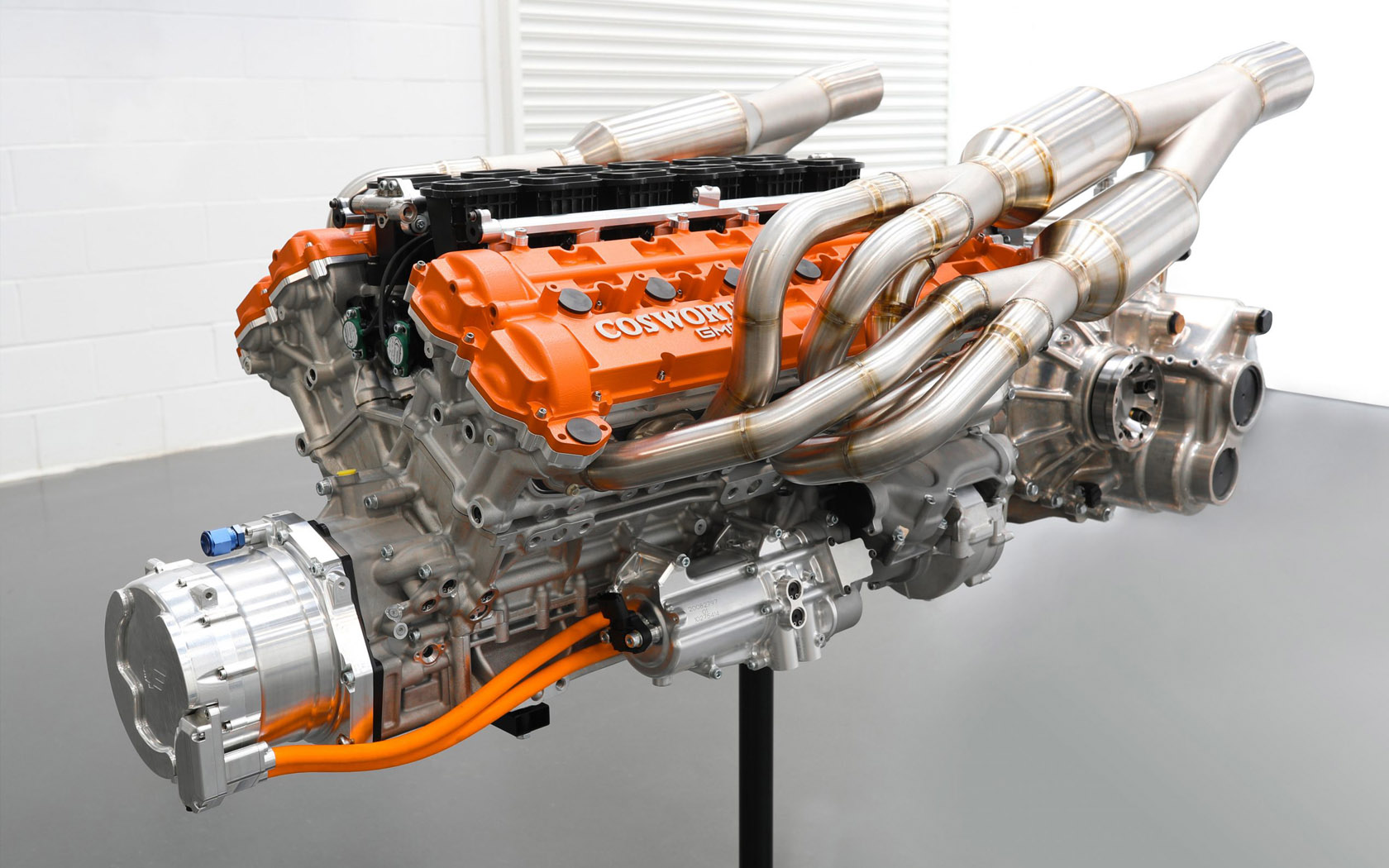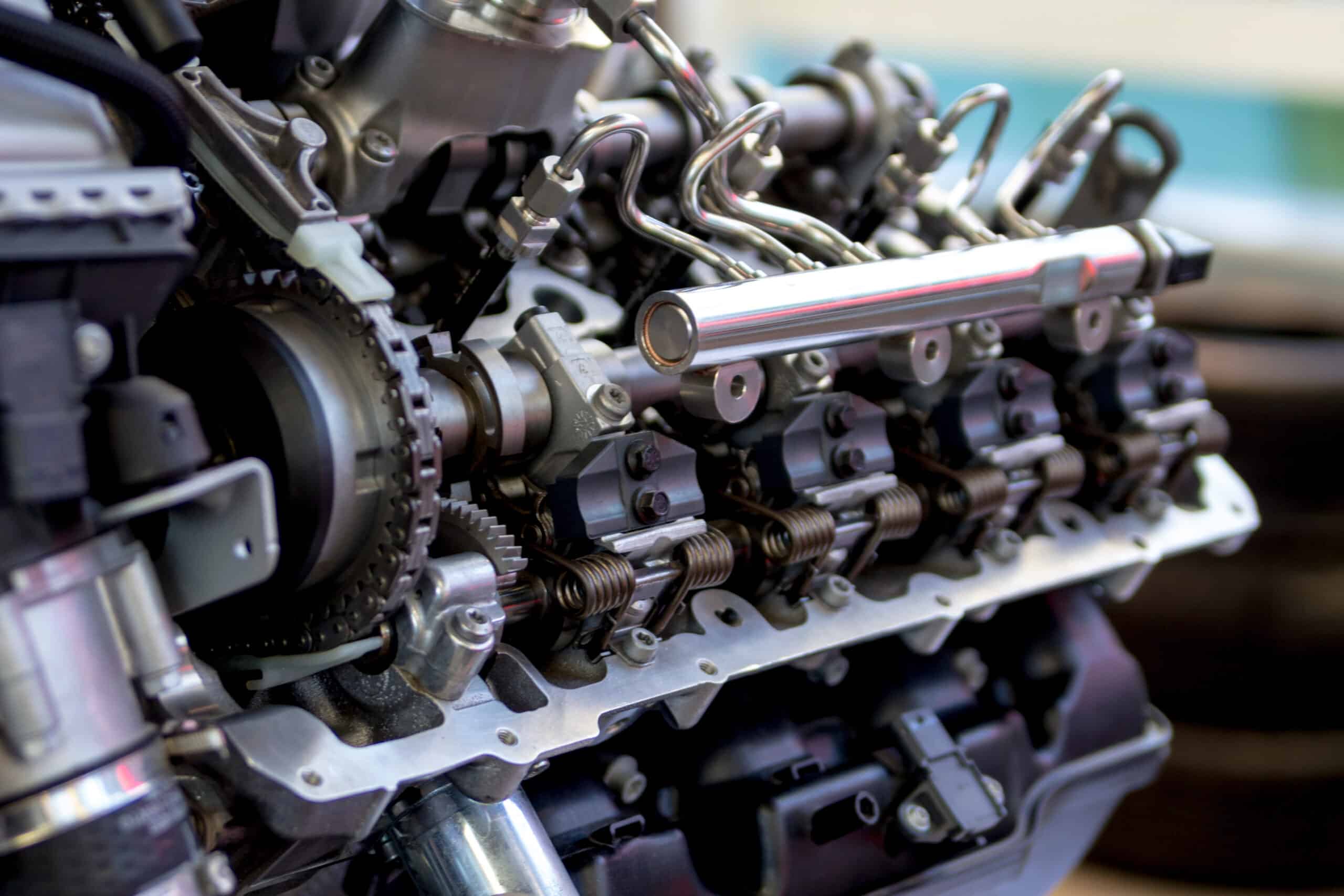Why Businesses Prefer Engines For Africa for Their Fleet
Why Businesses Prefer Engines For Africa for Their Fleet
Blog Article
Discover a Large Range of Engines for each Car and Function
The auto landscape is significantly intricate, with a varied array of engine kinds designed to fulfill specific performance and efficiency demands across numerous car classifications. Additionally, sturdy engines offer the requirements of job vehicles, while eco-friendly choices are acquiring grip in the quest of lasting transportation.
Kinds Of Automotive Engines
Automotive engines can be categorized right into several unique kinds, each created to satisfy details performance and efficiency demands. One of the most usual categories consist of inner burning engines, electrical engines, and hybrid systems.

Electric engines, on the other hand, operate on electrical power saved in batteries, supplying instant torque and absolutely no discharges. These engines are becoming progressively popular because of advancements in battery modern technology and the expanding emphasis on sustainability.
Crossbreed systems incorporate both internal burning and electrical engines, allowing vehicles to maximize gas performance and decrease exhausts by flawlessly switching in between power sources. Each engine kind presents its drawbacks and advantages, affecting variables such as automobile style, meant use, and market demand. Comprehending these distinctions is important for manufacturers and customers alike when choosing the proper engine for their particular needs.
Efficiency Engines for Sports Cars
Performance engines for cars are specifically crafted to provide boosted agility, power, and rate, setting them aside from basic auto engines. These engines frequently use sophisticated technologies such as turbocharging, turbo charging, and variable shutoff timing to optimize performance and responsiveness.
Usually, performance engines are created with higher compression proportions, which enable higher power removal from fuel. This results in excellent horse power and torque numbers, enabling fast acceleration and greater top rates. Moreover, the lightweight products utilized in these engines, such as aluminum and carbon fiber, add to minimized total car weight, boosting handling and ability to move.
Engine setups like V6, V8, and even hybrid systems prevail in performance sports cars and trucks, each offering distinct advantages in regards to power shipment and driving characteristics. The adjusting of these engines is additionally crucial; numerous producers optimize the engine monitoring systems to give an electrifying driving experience, typically including sporting activity settings that change throttle feedback and gear changes.
Efficient Engines for Daily Commuters
In the world of everyday travelling, efficient engines play a critical role in enhancing gas economy and minimizing discharges while offering reputable performance. As urban populaces grow and ecological concerns escalate, the need for cars furnished with effective powertrains has actually surged.
Modern engines designed for day-to-day commuters often incorporate technologies such as turbocharging, straight gas shot, and crossbreed systems. Turbocharging improves Source engine performance by compeling even more air into the burning chamber, permitting for smaller sized, lighter engines that do not endanger power result. Straight fuel shot boosts gas atomization, causing much better combustion and boosted efficiency.
Crossbreed engines, incorporating inner combustion with electrical power, more boost fuel economic climate, specifically in stop-and-go traffic, where typical engines can experience inefficiencies. Electric electric motors aid throughout velocity and can run separately at low speeds, reducing overall gas intake.
In addition, innovations in engine monitoring systems and light-weight materials contribute significantly to efficient engine style. By concentrating on performance, sturdiness, and ecological sustainability, manufacturers remain to provide engines that not only meet the needs of everyday commuting but additionally line up with worldwide initiatives to lower carbon footprints.
Heavy-Duty Engines for Work Autos
Durable engines for work lorries are consistently engineered to supply exceptional torque and integrity under demanding problems. These engines are developed to execute in environments where standard engines might falter, such as building websites, logging operations, and farming settings. The main focus of heavy-duty engines is their capacity to produce high levels of power while keeping sturdiness over prolonged durations of procedure.
Typically, heavy-duty engines use advanced materials and robust construction strategies to withstand the rigors of heavy work. Features such as enhanced cyndrical tube blocks, improved air conditioning systems, and advanced fuel shot innovations add to their effectiveness. These engines usually run at lower RPMs, which helps to optimize fuel effectiveness while providing the required power for towing and hauling.
In enhancement to mechanical robustness, sturdy engines are typically geared up with sophisticated electronic control devices (ECUs) that take care of performance, emissions, and diagnostics. This combination permits far better monitoring and maintenance, making sure that job lorries remain operational and effective.
Eventually, sturdy engines are an important element in the efficiency of different markets, supplying the necessary power and reliability to tackle the toughest of tasks.
Eco-Friendly Engine Options
The growing emphasis on sustainability has actually led to the development of environmentally friendly engine choices that prioritize minimized emissions and improved fuel efficiency. These engines are designed to decrease the ecological influence of automobiles while still providing the performance and reliability expected by customers.
Amongst one of the most significant environment-friendly choices are electric and hybrid engines. Crossbreed engines incorporate standard interior combustion engines with electric propulsion, permitting for lowered fuel consumption and lower greenhouse gas exhausts. Electric engines, on the various other hand, operate entirely on battery power, generating no tailpipe exhausts and adding to cleaner air high quality.
An additional appealing growth is the improvement of biofuel websites engines, which use renewable energies, such as plant materials, to power cars (Engines For Africa). By using biofuels, these engines can minimize dependency on fossil gas and lower general carbon footprints

As the automobile sector progresses, environmentally friendly engine alternatives will play a crucial duty in driving the transition in the direction of more lasting transportation options.
Conclusion
From high-performance engines that boost sports automobile capacities to efficient designs focusing on gas economy for everyday travelers, each type serves a certain feature. Heavy-duty engines cater to robust work cars, while environment-friendly alternatives, such as electrical and biofuel engines, advertise lasting transport.

Report this page